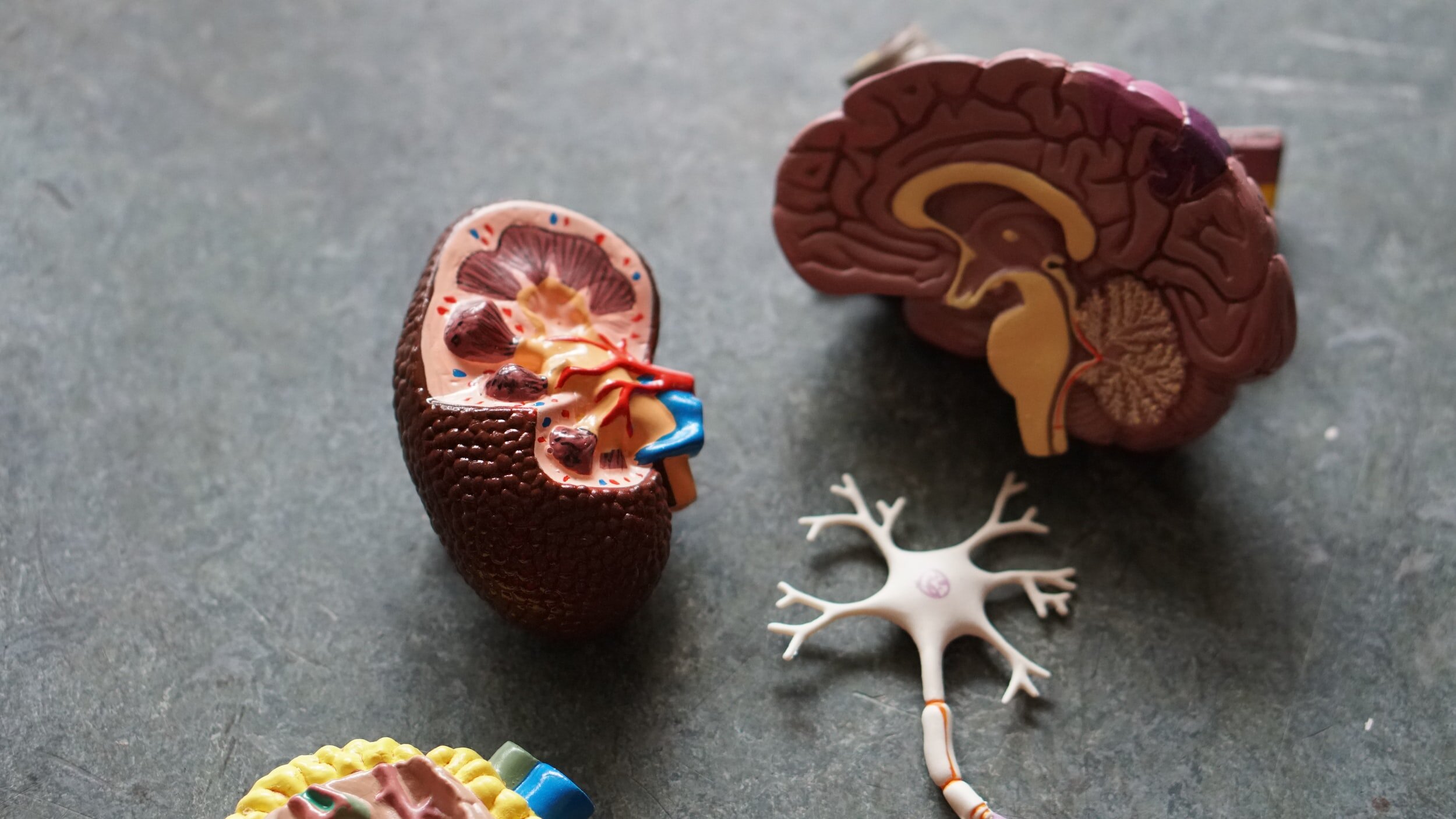
Addisonian Crisis
Introduction
Addisonian crisis, also known as acute adrenal insufficiency or adrenal crisis is an endocrinology emergency with a high mortality rate. It occurs secondary to inadequate levels of adrenal hormone production in the adrenal cortex.
The adrenal cortex produces 3 main types of steroid hormones;
Glucocorticoids (cortisol) in the zona fasiculata.
Mineralocorticoids (aldosterone) in the zona glomerulosa.
Androgens in the zona reticularis.
Adrenal failure can be acute (Addisonian crisis) or chronic and it’s causes can be primary or secondary.
Primary adrenal failure a.k.a Addisons Disease (rare)
Autoimmune (80%), trauma, infection e.g TB, fungal, haemorrhage, malignancy, congenital
Loss of glucocorticoid and mineralocorticoid function.
Secondary (common)
Exogenous suppression of hypothalamus-pituitary-adrenal axis, hypopituitarism
Loss of glucocorticoid function only
Acute adrenal insufficiency/Addisonian crisis leads to electrolyte derangement, metabolic acidosis and shock due to cortisol +/- aldosterone deficiencies. If left untreated it can be fatal. Therefore a high degree of suspicion is necessary.
Adrenal crisis must be considered in all unwell patients especially those who may be taking a prolonged course of glucocorticoids and have recently missed doses. Other acute stressors that may trigger an acute crisis in a person with either primary or secondary adrenal insufficiency include concurrent illnesses e.g. sepsis, gastroenteritis, surgery, myocardial infarction or trauma.
Clinical Features
Consider adrenal insufficiency in any patient with lethargy, weakness + GI symptoms. Suspect adrenal crisis in any hypotensive patient with no apparent cause especially if unresponsive to fluids/vasopressors.
Symptoms
Fatigue/Weakness
Anorexia, Nausea/Vomiting, Abdominal pain
Weight Loss
Postural Hypotension/Syncope
Collapse/Shock (in more severe cases)
Symptoms of concurrent Illness/Cause
Signs
Appearance
Lethargic, Dehydrated
Primary failure - Hyperpigmentation/Vitiligo
Secondary failure - Cushingoid due to long term steroids
Abnormal Vitals
Hypotension – Including postural hypotension
Tachycardia
Fever
Crisis - can be confused, altered mental status
Search for any relevant medical alert bracelet
Signs of concurrent illness e.g. chest sepsis etc
Differential Diagnosis
Clinical manifestations of glucocorticoid deficiency
Anorexia, vomiting, weakness, hypotension (especially postural), shock (not responding to fluids), hypercalcaemia, hypoglycaemia.
Clinical manifestation of mineralocorticoid deficiency
Dehydration, hyponatraemia, hypochloraemia, hyperkalaemia, normal anion gap metabolic acidosis (NAGMA), pre-renal AKI.
Clinical manifestations of Adrenal Crisis
fever, confusion, refractory shock, hypotension, dehydration, nausea, vomiting, diarrhoea, abdo pain.
Hypotension/Shock out of proportion to severity of current illness = key feature of adrenal crisis.
Hypotension
Septic shock
Hypovolaemic/Haemorrhagic shock
Obstructive shock e.g. PE, Tamponade
Cardiogenic shock
Distributive shock e.g. anaphylaxis
Hyperkalaemia
Decreased Renal Excretion
Renal Failure, Adrenal insufficiency,
Drugs – Spironolactone, Indomethacin, ACEi
Increased Intake
Slow K, IV KCL, Massive Transfusion
Tissue Damage
Burns, Rhabdomyolysis, Tumour lysis syndrome
Compartmental Shift
Metabolic acidosis, Insulin deficiency, Digoxin OD, Suxamethonium
NAGMA
Hypoaldosteronism
i.e adrenal insufficiency, spironolactone use
GI HCO3 Losses i.e. diarrhoea
Hypercholraemia
Drugs e.g. acetazolamide, spironolactone
Renal Failure e.g. RTA
Hyponatraemia
Hypovolaemia
Renal losses - adrenal insufficiency/mineralocorticoid deficiency, diuretics, salt losing nephropathy
Extra renal losses - vomiting, diarrhoea, burns, pancreatitis
Euvolaemia
Polydipsia, Glucocorticoid deficiency, Hypothyroidism, SIADH, Drugs e.g. thiazides, SSRIs, TCAs, NSAIDs, MDMA
Hypervolaemia
Renal losses - CKD, Drugs
Extra renal losses - CCF, Nephrotic syndrome, Liver failure with ascites
Clinical Investigations
Bedside
VBG
Typical findings in adrenal crisis = NAGMA + Hyperkalaemia + Hyponatraemia
Hypoglycaemia + Hypercalcaemia often also occur
ECG
? changes consistent with hyperkalaemia, ? AMI
Urine dipstick
? evidence of UTI as underlying cause
Laboratory
U&E, Bone profile
Assess renal function and confirm electrolyte disturbance
FBC, CRP, LFTs,
? raised inflamm markers, acute liver injury
Blood, urine +/- sputum/CSF cultures if ? sepsis
Urine Electrolytes & Osmolality
if significant hyponatraemia
Serum Cortisol & ACTH before rx if possible
Synacthen test - to confirm dx of adrenal insufficiency
Not an ED test
Radiology
CXR
Initial evaluation for source of sepsis
CT Brain
May be required depending on initial presentation and current mental status
Other imaging as clinically indicated
Management + Disposition
Resuscitation
Should be managed in a high acuity area with close haemodynamic monitoring
Attention to A + B as clinically indicated
Hypotension - approx 2 L of IV crystalloid in the first instance. Often non responsive to IV fluids and need vasopressors
Specific Treatment
Specific treatment is part of resuscitation in addisonian crisis
100-200mg Hydrocortisone IV stat
Seek and treat hypoglycaemia with IV dextrose
Treat electrolyte derangement
Cautious correction of hyponatraemia - no more than 0.5mmol/L per hour
Seek and treat trigger of crisis e.g. sepsis, dehydration
Dispostion
Patients in addisonian crisis should be admitted to hospital and closely followed up by the endocrinology service
Often they require critical care input and HDU/ICU admission for vasopressor support
All patients on long term steroids who present to ED with other medical issues and who are being discharged home should be questioned on their knowledge of their steroid “Sick Day Rules.”
References
Cameron P. et al. Chapter 11.3 Thyroid and adrenal emergencies. Textbook of Adult Emergency Medicine. 4th Edition
Rathbun KM, Nguyen M, Singhal M. Addisonian Crisis. In: StatPearls Publishing; 2020 Jan-. Available from: https://www.ncbi.nlm.nih.gov/booaks/NBK441933/
This blog was written by Dr Robert Evans and was last updated in May 2021



